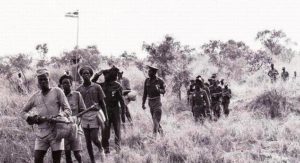
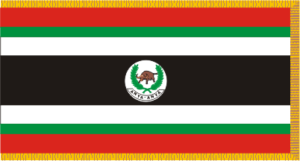
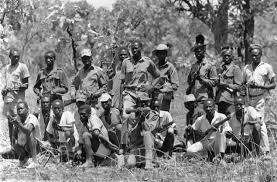
EQUATORIA CORPS
Equatorians played an instrumental role in the struggle for autonomy in South Sudan. The origins of Sudan's civil war dates back to 1955, a year before independence when it became clear the Arabs were going to take over the national government in Khartoum. Equatorians had a military unit called Equatoria Corps, formed during the Anglo-Egyptian administration.
On August 18, 1955, members of the Equatoria Corps mutinied at Torit, Eastern Equatoria.[3] A company of the Equatoria Corps had been ordered to make ready to move to the north, but instead of obeying, the troops mutinied, along with other Southern soldiers across the South in Juba, Yei, Yambio, and Maridi.[4] The Khartoum government sent Sudanese Army forces to quell the rebellion and many mutineers of the Equatoria Corps went into hiding rather than surrender to the Sudanese government. This marked the beginning of the first civil war in southern Sudan. The rebellion that emerged from the Equatoria Corps was later called Anya Nya and the leaders were separatists, who demanded the creation of a separate South Sudan nation, free from Arab domination. The Equatorian leaders of the Anya Nya and founders of the struggle were Saturlino Olire, from Acholi (OBBO), who was the first man said to have fired a bullet, and launched the start of the first civil war, in Torit; Fr. Saturnino Lohure from Otuho; Aggrey Jaden from Pojulu; Joseph Ohide from Otuho; Marko Rume from Kuku; Ezboni Mondiri from Moru; Albino Tombe from Lokoya; Tafeng Lodongi from Otuho; Lazaru Mutek from Otuho; Benjamin Loki from Pojulu; Elia Lupe from Kakwa; Elia Kuzee from Zande; Timon Boro from Moru; Dominic Dabi Manango, from Zande; Alison Monani Magaya, from Zande; Isaiah Paul, from Zande; Dominic Kassiano Dombo, from Zande; and many others.
Father Saturnino Lohure
A Hero for South Sudan
INTERNATIONAL COOPERATION
The Khartoum government sent its forces to arrest the rebels and capture anyone who supported their cause. By the early 1960s civilians believed to be Anya Nya sympathizers were arrested and shipped to Kodok concentration camp where they were tortured and killed. Some of the first detainees and survivors of the horrific torture at Kodok include Emmanuel Lukudu and Philip Lomodong Lako.
By 1969 the Equatorian rebels found support among foreign governments and were able to obtained weapons and supplies. Anya Nya recruits were trained in Israel where they also got some of their weapons. The Anya Nya rebels received financial assistance from Southern Sudanese and Southern exiles from the Middle East, Western Europe, and North America. By the late 1960s, the war had resulted in the deaths of half a million people and several hundred thousand southerners escaped to hide in the forests or to refugee camps in neighbouring countries.
Anya Nya controlled the southern countryside while the government forces controlled the major towns in the region. The Anya Nya rebels were small in number and scattered all over the region making their operations ineffective. It is estimated that Anya Nya rebels ranged from 5,000 to 10,000 in number.
On May 25, 1969, Col Gaafar Muhammed Nimeiri led a military coup and overthrew Gen. Ibrahim Abboud's regime. In 1971 Joseph Lagu, from the Madi ethnic group, became the leader of the southern forces opposed to Khartoum government and founded the South Sudan Liberation Movement (SSLM). Anya Nya leaders united and rallied behind Lagu. Lagu also got support for his movement from exiled southern politicians. With Lagu's leadership, the SSLM created a governing infrastructure throughout many areas in southern Sudan.
In 1972 Nimeri held negotiations with the Anya Nya at Addis Ababa, Ethiopia. At the talks, the Anya Nya demanded a separate southern government and an army to defend the south. Ethiopia's Emperor Haile Selassie moderated the talks and helped the two sides reach an agreement. The result was the Addis Ababa Agreement. The Addis Ababa Accords granted autonomy for the South with three provinces: Equatoria, Bar al-Ghazal and Upper Nile.
The south would have a regional president appointed by the national president to oversee all aspects of government in the region. The national government would maintain authority over defence, foreign affairs, currency, and finance, and economic and social planning, and interregional concerns. The members of the Anya Nya would be incorporated into the Sudanese army and have equal status with the northern forces. The accord declared Arabic as Sudan's official language and English as the south's principal language for administration and schooling. Despite opposition from SSLM leaders on the terms of the Agreement, Joseph Lagu approved the agreement and both sides agreed to a cease-fire.
The Addis Ababa Accords were signed on March 27, 1972, and the Sudanese celebrated that day as National Unity Day. This agreement resulted in a hiatus in the Sudanese civil war from 1972 to 1983.
Source: Wikipedia/Equatoria
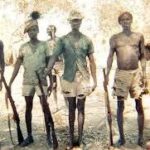
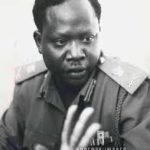
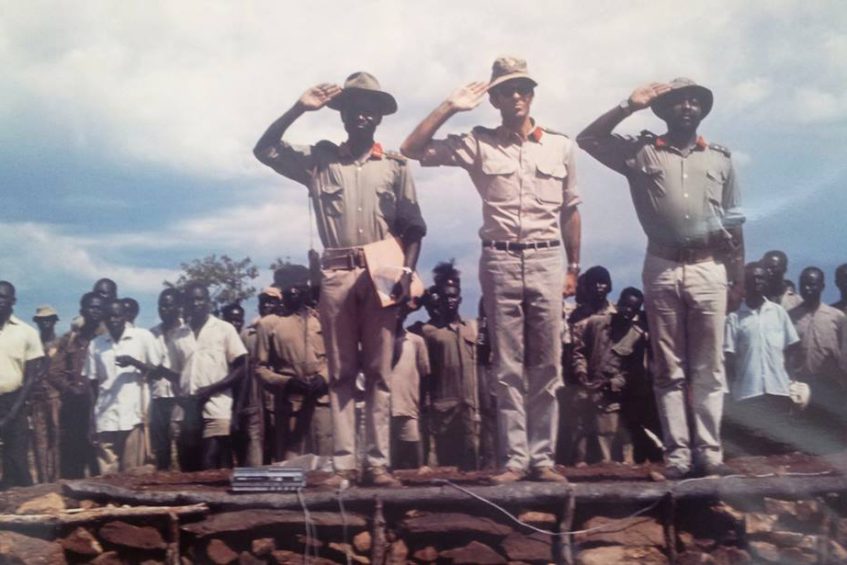
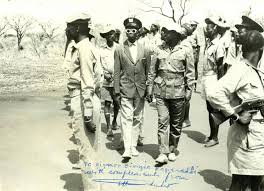
FEEDBACK/ERRATA
Your email address will not be published. Required fields are marked *
